Earlier this month, the whole team at IOC got to meet up together at Reef Futures on the Caribbean coast of Mexico to learn and share all about advancements in coral reef research and conservation.



Vicki presented a five-minute talk summarizing our work in Roatan, discussing the strategies and details involved in forming coalitions (like our Roatan-based EcoSafe Sunscreen Coalition with the Roatan Marine Park, Bay Island Conservation Association, Sun Divers, and Haereticus Environmental Laboratory) and seeing environmental action through to the local policy level. While we still await confirmation of the ban from local authorities, an important part of environmental action takes place at the community level — informing and educating on safer environmental practices, coalescing with key partners, finding backing from local economic drivers, and raising awareness through public engagement. There was great interest in our ban tactics and in the development of our Petrochemical Sunscreen Ban Toolkit from representatives of other coastal and island nations including Caribbean neighbors of Roatan in Belize and Puerto Rico, and more far-off friends of coral reefs in Guam.
See Vicki’s full talk here!
The ultimate goal of our Petrochemical-Free Sunscreen Campaign is to develop a plan that other small organizations can follow to make environmental impact in favor of the reef in their own communities. We are excited to continue developing and launching the Toolkit with our partners into the new year, and hopeful that we see the ban passed and implemented as we do!
Mia and Haley presented a poster on the same topic the day following Vicki’s talk, which gave other conference goers an opportunity to keep the conversation going around Petrochemical-Free Sunscreen initiatives.

Some standouts the team enjoyed during their time at the conference was learning about methods of coral rehabilitation through the use of nurseries and mobile labs , and the potential for coral to adapt to thermal stress with techniques like long term shading (Hugo Ducret, et al., Université Libre de Bruxelles).
We took away valuable insights from other presenters, including Maya Trotz (University of South Florida) who works with Fragments of Hope in Belize to engage coastal communities in coral reef restoration, and Jordan Ivey, who traveled all the way from Australia to speak on how to build capacity for indigenous communities in coral reef conservation — an impressive 20 out of 30 members on Jordan’s team are indigenous, demonstrating the reality and possibility for the original stewards of the land (and the sea) to continue expanding environmental work.
Not only that, but the team participated in incredible workshops learning how to connect and tell stories about important conservation work, how to shake up the future of environmental projects through crowdfunding and cryptocurrencies with MesoReefDAO, and what the future of reef restoration technology holds with Coral Gardeners.


Against all the odds of environmental stress corals face in the marine environment, the future of coral research is developing in bright and beautiful ways, led by passionate individuals and organizations across the globe who care deeply about these critical ocean ecosystems.
It was an honor to spend time learning with these leading researchers in coral conservation, and we at IOC left the conference anticipating the future of coral conservation! We can’t wait to see what develops and is in store for Reef Futures 2026. Until then, we will be working hard to protect the sensitive and biodiverse corals of the Mesoamerican Reef System, hopeful and excited to collaborate with some friends we met along the way.

